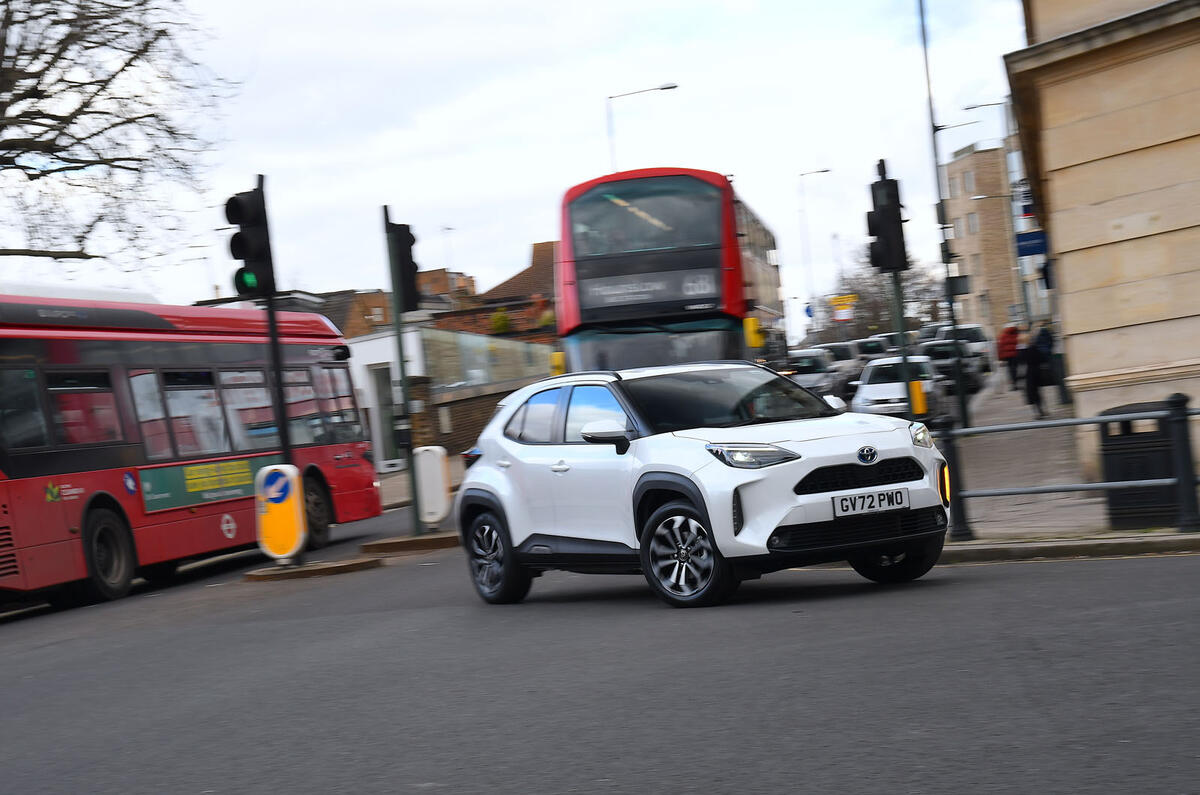Government. Socialists. The World Economic Forum. Russia. China. The French. Lizard Kings. In a world where anti-vaccination fervour has largely lost its point, all these and more have been accused of inventing the latest bête noire of the angry, 15-minute cities.
On paper, it’s an unlikely cause to rile against: in its purest form, a 15-minute city (sometimes also referred to, less ambitiously, as a 20-minute town) is one that has been planned so that all the amenities are within a 15-minute walk or cycle of where residents live. Dive deeper, and there are more, surely laudable, goals, from removing social divides through better planning to engaging citizens so that they prize their surroundings, plus providing connected public transport solutions and high-speed internet for everyone.




Add your comment